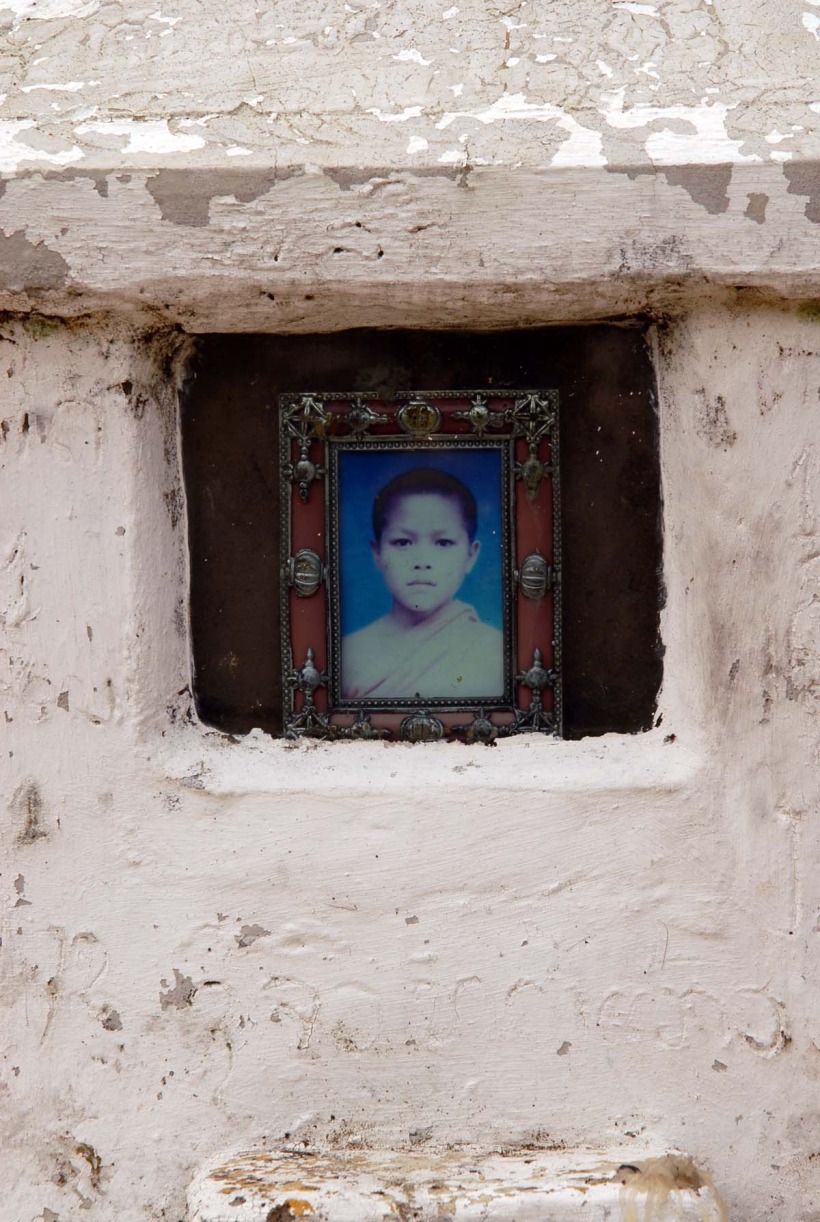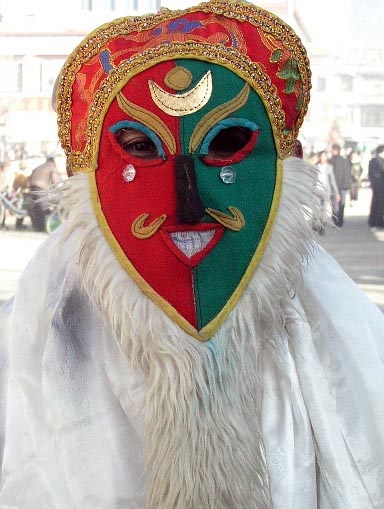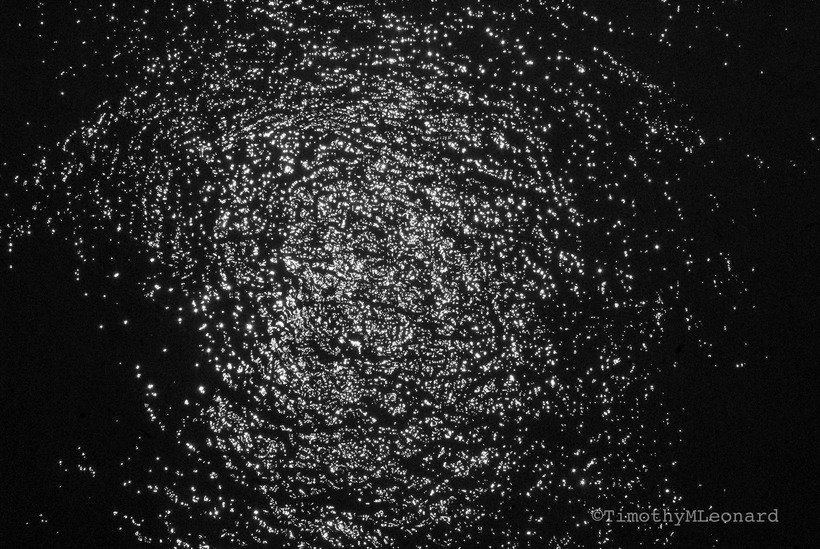Natasha From Kiev
Zeynep said, I read about how women are treated in many countries. Here in Turkey health care workers report 65% of all wives are beaten by their husband. It’s considered normal behavior because women are treated as property.
We’ve all read stories about arranged marriages, child marriages and the desperate plight of women on Earth. Men never learned how to kiss and make up, the women know about makeup and suffering in silence, women are literally and figuratively screwed, she said.
I tell the truth. I don’t have to remember what I said, said Rita.

Zeynep’s story about domestic abuse reminded Omar of Natasha.
On September 1, 2001, ten short days before an Apocalypse in the big apple, passengers at the Amsterdam airport waited for their flight to Casablanca. There was Your Self, a Moroccan man from Fez living in San Francisco going home to see his family after many years. He would stay three months.
There was a woman from Kiev with her 5-year-old son. Her name was Natasha, tall, slim and beautiful. She was married to a Moroccan man. They’d met at the university in Kiev and now he lived in Amsterdam. She had not seen him for three years and he didn’t know his son. He did not come to the airport to see her because he didn’t have the correct papers nor was she able to leave the airport and see him because she lacked the correct papers so she waited for her flight to her new home.
Natasha had heard rumors, myths and fabricated lies about her fate but had never seen it because she was blind. She was taking her son to Morocco where they would meet her husband’s family and live. She did not speak French or Arabic.
Her cheap red, white and blue plastic Russian baggage fell apart at the seams. Her son pissed his pants leaving a trail of urine in the departure lounge. Natasha was beside herself.
I’d finished a draft of A Century is Nothing that summer. I was jumping through a window into hunting and gathering adventures discovering new material.
Everyone spoke the same language as unanimous night collapsed around roaring planes leaving gravity taking people somewhere. We were buried at graveyard gate 54D, miles from gleaming duty free shops with exotic perfumes, electronics, banks, casinos, toy stores, restaurants, diamond rings, watches, customs, clothing stores.
Wealthy shoppers carried yellow plastic bags saying, Buy and Fly.
A homeless Asian elf dragged a purple bag saying, Buy & Cry.
A destitute shadow of a former self had a clear bag saying, By the By.
An orphan had an empty bag saying, Why Tell Me Why.
No one in particular had Papa’s Gotta Brand New Bag.
Everyone carried his or her bag of skin & bones to the graveyard.

At midnight in Casablanca passengers walked through a towering hall of intricate inlaid blue mosaic tiles and waterfalls. Huge framed images of a smiling monarch watched people.
Customs was a formality and the baggage conveyer belt broke down as frustrated passengers waited. Small wheels on useless baggage trolleys were bent and stuck. They careened left and right as people wrestled impossible loads through nothing to declare green zones toward friends and relatives.
I helped Natasha load her broken bags on a cart and she disappeared into humanity with her son. Her husband’s Berber family approached - his father, mother, brother-in-law and grandmother in traditional jellabas. They welcomed her with a hug speaking words Natasha did not understand. They scooped up the boy. As the old couple walked away I knew they would take him forever, this progeny of theirs, their DNA connection to their son.
Natasha, an alien aberration in their world would be relegated to a harsh new reality. She moved into their world with a Ukrainian passport, speaking an unknown tongue to be a slave serving her new family. She would be many things to them. They would manifest their loss on her. She’d carry water and chop wood. She’d cook, clean and slave away. Fate gave her new opportunities.
She’d carry their fading light, hopes, dreams and memories. Their grandson would realize everything. They disappeared into a sprawling chaotic city of five million.
Their son in Holland relied on his mobile. He could do no wrong. He was a grand man in their eyes and hearts. Many women came and went in his dark eyed nomadic destiny life. When Natasha was trapped in the airport he was with a prostitute and he didn’t have the correct papers anyway. He wasn’t lying when he said his family would take care of her.
Omar whispered this fairy tale to Natasha. She didn’t believe it.







 Share Article
Share Article 






